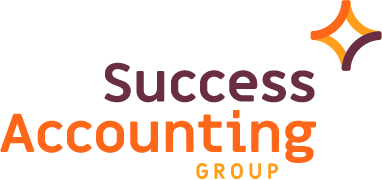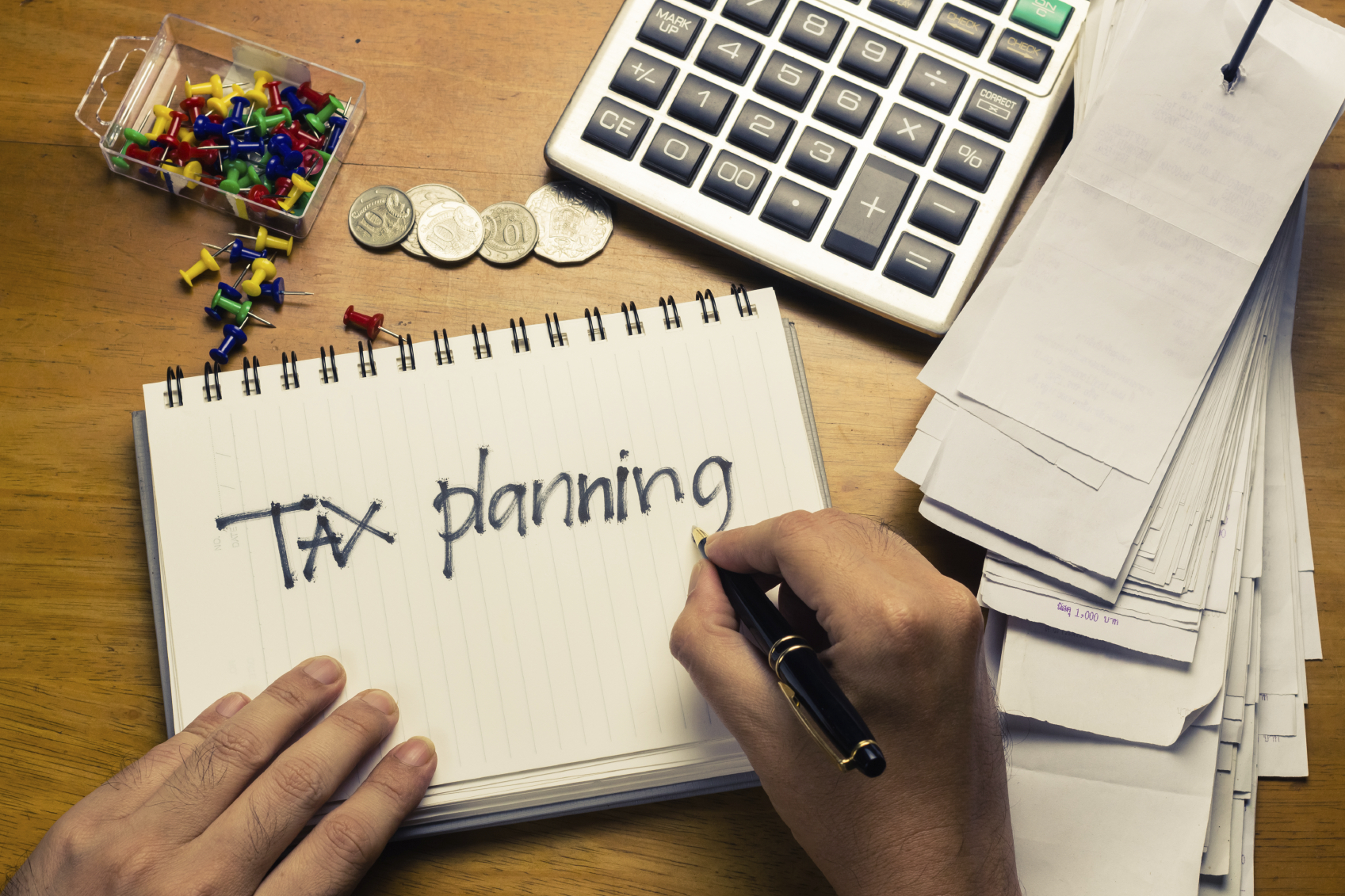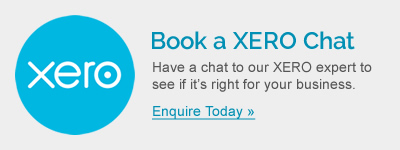AVOID THE 8 MOST COMMON ERRORS IN A TAX RETURN
Lan Nguyen, Chartered Accountant
Tax return lodgement can be a confusing and stressful time for any individual or business. It is a time for making sure all of your receipts, tax invoices, statements and supporting documentation are in order and the time for making an appointment with your Tax Professional. There is a lot to remember so we are letting you in on a valuable industry secret this week: the 8 most common errors made in Australian tax returns and how to make sure you avoid them.
1. Omitting Interest Income
Do you have a term deposit? Is there a bank account you hardly ever use? Do you have an online saver account? Now is the time to be sourcing all of the statements relevant to you or your business. Interest income will be itemised by your financial institution. It is all relevant, no matter how small.
2. Incorrect or Omitted Dividend Imputation Credits
A Franking or Imputation credit represents the tax a company has already paid on your dividend. These amounts are able to reduce your tax payable to the ATO. Your Imputation Credit information will be available on your company dividend statements.
3. Incorrect or Omitted Capital Gains or Losses
It is important to consider whether you had a Capital Gains event during the financial year and to state it correctly. It is also vital to ensure the timing of these events are accurate and to remember if you have a capital loss you can potentially carry this forward to offset against future gains. Capital gains are not just relevant to properties, but also shares and managed funds. By stating these correctly you can also make sure that any CGT discounts you are eligible for are applied correctly.
4. Understating Income
There are financial penalties associated with both understated and undeclared income. The ATO has wide ranging access to data and transactional information from third parties and significant IT capabilities. This enables it to reconcile this information against tax return information in a data matching program. Income items are always relevant and will generally be reportable by another party.
5. Home Office Expenses
If you work from home you are eligible to claim a percentage of your home occupancy and running expenses relating to the area set aside for business purposes as a tax deduction. It is alternatively possible to claim a deduction at a fixed rate per hour. It is important to note however, if you do claim home office deductions, at the time of sale of your primary residence will most likely be assessed for capital gains tax as it has become an income producing asset.
6. Depreciation on Rental Property Fixtures and Fittings
If you own an investment property, you can claim depreciation on fixtures and fittings which will have the effect of reducing your taxable income. Effectively, you are claiming for any wear and tear on your investment. Fixtures and fittings (or Plant and Equipment) can include things like lifts, ovens, dishwashers and soft furnishings. A depreciation schedule can be calculated by a professional Quantity Surveyor.
7. Depreciation on Income Producing Buildings
Similar to the Depreciation on Fixtures and Fittings this income category refers to the actual investment property’s structure itself and items like wear and tear on brickwork, concrete and roofing. Again this should be calculated into a formal depreciation schedule by a Quantity Surveyor and the information should be accurately presented in your annual return.
8. Borrowing Costs associated with Negative Gearing
If you have taken out a loan for an investment property and the net rental income is less than the interest on the loan then you are negatively geared. This rental loss may be able to be offset against other income to reduce your tax payable. Items like loan establishment fees, valuation fees, mortgage preparation and filing fees and title searches can all be claimed as a tax deduction maximising your potential return.
Don’t be the ATO’s next victim; ensure that your information is both complete and accurate. This ensures you avoid penalties and charges and maximise your return potential.
Lan Nguyen is a Chartered Accountant with over 15 years experience in helping small businesses grow and build wealth. She is the founder of Success Accounting group located in Mentone and Springvale South, Victoria. A forward thinking chartered accountants practice providing accounting & tax solutions for small business, Xero Training, income tax preparation and business start up advice and setup. Lan and her team of Success Accountants are passionate about inspiring and educating their clients on their journey of building their business and growing their wealth. They do so through online training videos, blogs, business and wealth growth tips.
Written by Lan Nguyen, Chartered Accountant and Wealth Advisor from Success Accounting Group

About Lan Nguyen
Lan is the Founder and Chief Strategist at Success Accounting Group, Melbourne based CA firm. In a matter of short 8 years she has built up a reputable Chartered accounting firm with 3 offices and a team of 6 professional accountants and support team members. Her mission is to provide Innovative and Strategic Financial advice to help her customers make smarter financial decisions today for a brighter future.
Success Accounting Group is for established business owners who would like help to grow a sustained business. As a business owner you understand what drives your business success with our accounting team taking care of the rest.






